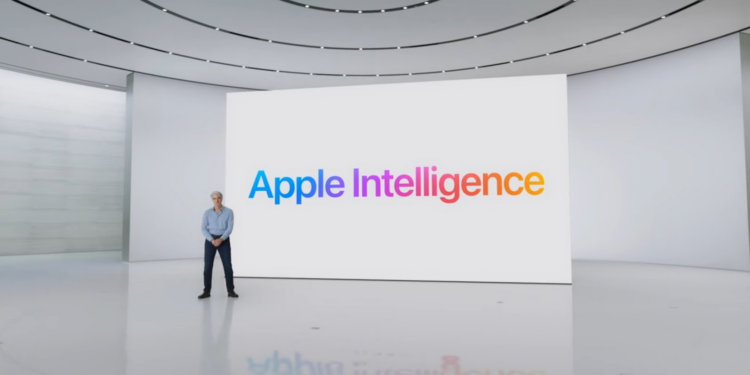The launch of Apple Intelligence in Europe could soon become a reality thanks to a new agreement on AI regulation between the US, EU and UK. This agreement aims to establish common principles for dealing with antitrust concerns related to AI products and services. While this development seems promising, there are some challenges that Apple may need to overcome. Below you will learn more about the background, impact and future prospects of Apple Intelligence in the EU.
The rapid development of artificial intelligence (AI) has enabled many technological advancements. Apple, as one of the leading technology companies, plans to launch its latest AI innovations under the name “Apple Intelligence”. However, while Apple Intelligence will be available in many parts of the world, EU countries have initially been excluded from this rollout. The main reasons for this are regulatory uncertainties, especially related to the EU's Digital Markets Act. However, a new agreement on AI regulation could pave the way for Apple Intelligence in Europe. Let's take a closer look at what this means and what hurdles still need to be overcome.
The current situation of Apple Intelligence in the EU
Apple has announcedthat Apple Intelligence will be launched this year. However, it was also announced that EU countries are excluded from the launch for the time being. Apple cited the regulatory uncertainties created by the EU's Digital Markets Act as the reason for this. These uncertainties affect three new functions in particular: iPhone Mirroring, SharePlay Screen Sharing and Apple Intelligence.
New agreement on AI regulation
A recently closed VereApple is driving AI development with new modelsagreement between the US, EU and UK could change this situation. The four law enforcement agencies, including the EU's European Commission, the UK's Competition and Markets Authority, the US Department of Justice and the US Federal Trade Commission, have agreed on common principles for regulating AI. These principles include:
- Fair treatment: Companies should promote fair competition and not use exclusionary tactics that could distort the market.
- Interoperability: AI products and services should be compatible with each other to promote innovation.
- Freedom of choice: Consumers should have the freedom to choose between different providers and not be restricted by lock-in mechanisms.
Challenges for Apple
While this agreement is promising, there are some language that could be problematic for Apple. The EU often takes a harder line than the US when it comes to competition and data protection. For example, demands for interoperability and fair treatment could challenge Apple's business model, which relies heavily on a closed ecosystem. Another potential stumbling block is the strict scrutiny of lock-in mechanisms. Apple often uses such mechanisms to keep users within its ecosystem. Should the EU seek stricter regulation here, this could require significant adjustments on Apple's part.
The future prospects
Despite these challenges, the new agreement shows a positive trend towards harmonised regulation of AI that encourages innovation while protecting competition. For Apple, this could open the door to launching Apple Intelligence in the EU, provided the company can adapt to the new requirements. It remains to be seen how the different parties will agree on a common interpretation of the principles and which specific regulations will actually come into force.
Future of Apple Intelligence in the EU: What the new AI regulation brings
The new agreement on AI regulation between the US, EU and UK is an important step towards harmonized and innovation-friendly regulation of AI products and services. For Apple, this could mean that Apple Intelligence can still be introduced in EU countries. However, the company must be ready to face the new regulatory challenges. The next few months will show how these developments will affect Apple and its plans for the introduction of Apple Intelligence in Europe. Stay tuned for further updates and developments in this exciting technology industry. (Image: Apple)
- Apple is driving AI development with new models
- Apple Intelligence: Drivers for new iPhone and iPad upgrades
- Apple's AI Advances: The Android World's Reaction





